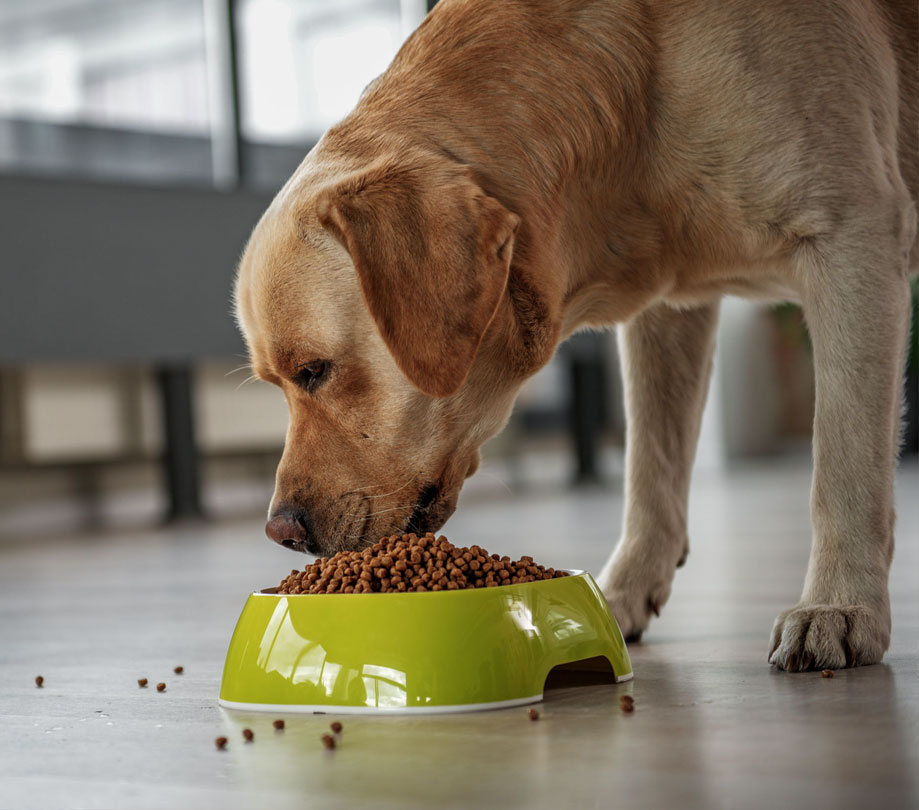Blog
November is National Senior Pet Month! Letís bring awareness to wonderful, adoptable, and loving senior pets. These older furry friends often have trouble being adopted, yet there are so many reasons to bring one home with you!
Most pet owners who choose to adopt senior pets say they wouldn’t go back to adopting puppies or kittens – a lot of people are not ready for the energy, monitoring, and parenting that goes into training young pets.
Five Benefits Of Adopting Older Pets
1. Loyalty & Love – Senior animals tend to recognize that their adopters have saved them. They are more likely to be loyal to their owners and show more love and gratefulness.
2. Easy, Developed Personalities – when adopting a senior pet, “what you see is what you get”! Senior pets are full grown and have developed their personalities so you have a clear understanding of what kind of pet you’re getting from the beginning. They also tend to fit in well with most households.
3. House Trained – Older pets are typically trained, know basic commands, and are calmer. That means no pottying in the house or outside the litter box (unless there’s a serious medical issue), no chewed-up shoes, or scratch up furniture. “Too old to climb on curtains, but young enough to climb on your lap!”
4. Old Dog, New Tricks – despite the popular cliché, senior pets can still learn new tricks. In fact, they may be able to learn new commands quicker than their younger counterparts.
5. You’re Saving A Life – Senior pets have high euthanasia rates. When you bring one home with you, you’re saving them from an unnecessary ending.
Caring for Senior Pets
1. Give Them Love – the best thing we can ever do for our furry friends is to show them love and compassion.
2. Watch Out for Symptoms – The most common medical problems in older pets are arthritis, kidney disease, dental disease, dementia, and diabetes. Be on the lookout for possible symptoms. Take note of appetite or thirst changes, changes in sleep patterns or energy levels, and any bodily or physical changes (lumps, bumps, walking, etc.)
3. Have Regular Vet Visits – Older pets should see their veterinarian twice a year for regular checkups. This can help identify any medical problems before it’s too late to treat.
4. Regular Exercise – They may be calmer, but they still like to have fun! Keep your senior pet fit with regular playtime. Keeping older dogs engaged will help keep their physical and mental functions up.
5. Be Open to Alternative Medicines – While the research is still growing to support the positive side effects of medicines like CBD and hemp oils in pets, many veterinarians see promise in alternative medicines to not only reduce anxiety in younger pets but also help senior pets cope with aging ailments.
6. Have an Age-Appropriate Diet – look for pet foods that are specifically geared to senior pets. These recipes would include lower levels of fat and more fiber, thus fewer calories. When considering a new diet, ingredients should be a big factor. Look for a senior diet with Miscanthus the most natural fiber option. Consult any diet changes with your vet before committing to new brands or foods.
If you’re interested in adopting a pet, we encourage you to search for seniors. Save them from living the rest of their days in a shelter and in return, they will cherish you with thanks and love!

